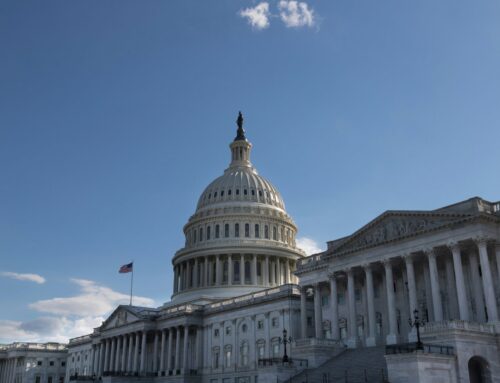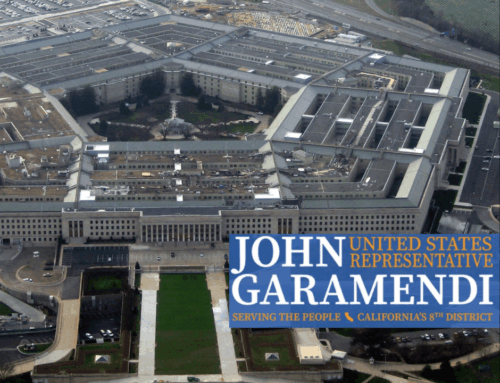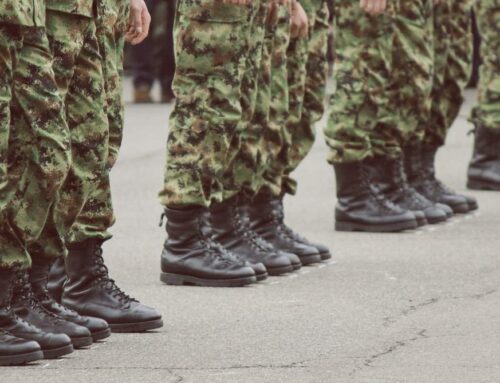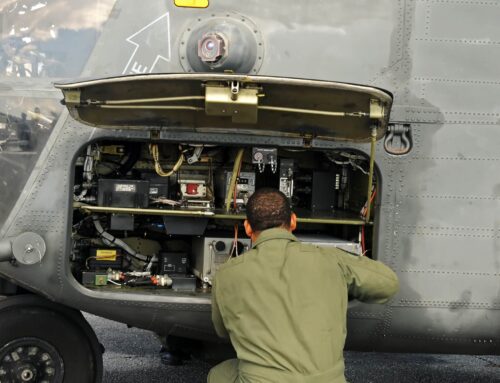You would think that $8.5 billion would buy a lot of chow for our soldiers in Iraq. But instead of purchasing grub for mess hall trays, federal prosecutors say a lot of that coin went to overhead, inflated prices and lining the pockets of a wealthy Kuwaiti family whose business got the contract. But thanks to a whistleblower and a nineteenth-century war profiteering statute, taxpayers may actually get some of that money back.
The U.S. Attorney’s Atlanta office on Monday handed down an indictment against the Public Warehousing Company (PWC) for defrauding the United States. PWC, now reincorporated under the name Agility, was second only to Kellogg, Brown and Root (KBR) as the military’s largest logistics contractor in Iraq.
The story of PWC’s meteoric rise to the top of the U.S. contingency contracting pile demonstrates how the U.S. military’s blind dependence on outsourcing encourages companies to reinvent themselves as contracting concierges, administering to America’s every need. According to a civil suit filed by a whistleblower, PWC obtained the first of two multi-billion contracts from the Army to supply local products to troops at Camp Doha in 2003. Over the next several years, the company expanded its operations to include subcontractors around the world—some operated by the same people as PWC—that provided the military with everything from auto parts to T-bone steaks.
PWC allegedly fattened their bottom line by manipulating its partners' operations, enabling PWC to overcharge the U.S. government and pocket the difference. Such efforts included persuading suppliers to use consolidation centers that added overhead costs and manipulating packaging to increase distribution fees, among other creative scams.
The PWC story is one of the more detailed and depraved of the many we have heard about war profiteering in Iraq and Afghanistan. Entities such as the Special Inspector General for Iraq Reconstruction and the Commission on Wartime Contracting in Iraq and Afghanistan have found billions in waste due to overbilling and other fraudulent actions by logistics contractors such as KBR. In fact, KBR whistleblowers have testified that KBR actually hired PWC as a subcontractor, resulting in tripled food prices that were ultimately passed on to U.S. taxpayers.
But the legal details of the case contain a note of hope. While the indictment was attracting all the media’s attention, the Department of Justice announced that it would join a civil suit filed against PWC by the same whistleblower behind the criminal case. Individuals can file suits on behalf of the government under the qui tam provision of the False Claims Act (FCA), a statute created to stop war profiteering in the Civil War. Only civil cases can get back the money stolen from the government.
The Justice Department’s actions show a departure from the government’s previous reluctance to join qui tam lawsuits. Without the power—and finances—of the U.S. government behind them, many lawsuits against rapacious contractors wither on the vine . One well-known example is the case against Custer Battles, a Virginia contractor accused of filing outrageously fraudulent invoices with the Coalition Provisional Authority (CPA) that ran the reconstruction operation in the early days of the Iraq war. An initial finding that would have forced the company to pay back filched funds was overturned by a judge who ruled the CPA was not part of the U.S. government—a finding that would be hard to reach if the government was a plaintiff.
Finally seeing the government take a stand against war profiteering may have reverberations beyond this case. Scores of False Claims Act cases still idle in the courts. By devoting the time and resources these cases deserve, the Justice Department may at last recoup at least part of the money—and dignity—stolen from taxpayers by crooked contractors.










